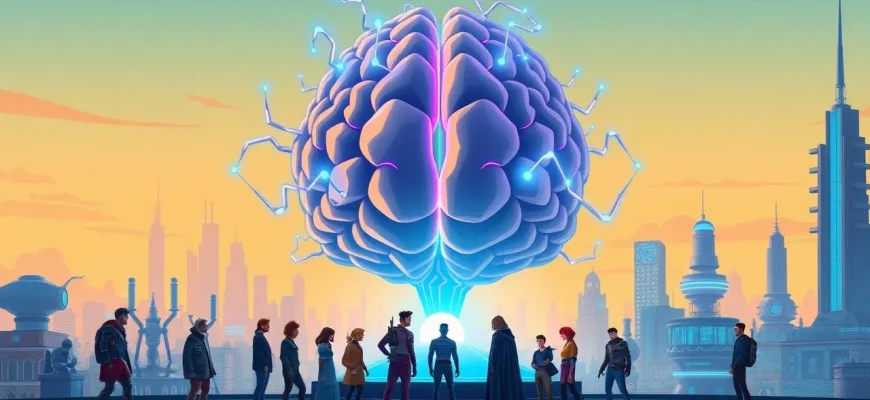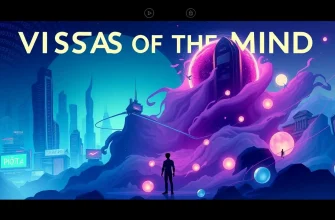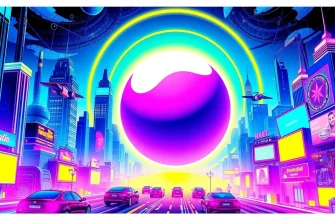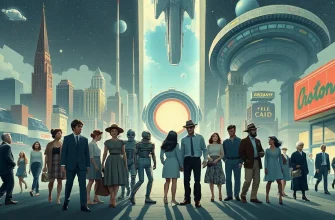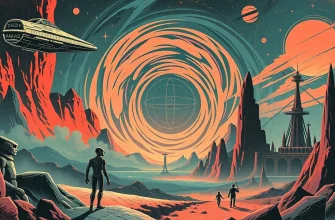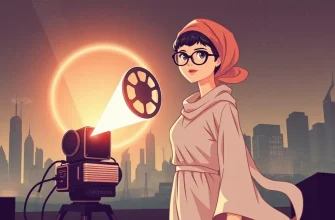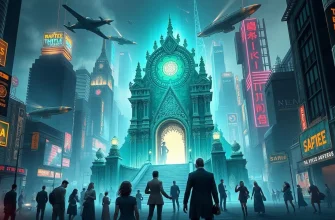Telepathy, the ability to communicate thoughts directly from one mind to another, has long captivated our imaginations. This curated list of ten sci-fi films delves into this intriguing concept, offering viewers a chance to explore the potential, perils, and profound implications of mind-reading. From thrilling adventures to thought-provoking dramas, these films not only entertain but also challenge our understanding of human connection and privacy. Whether you're a fan of mind-bending plots or just curious about the unexplored corners of human potential, this collection promises to be an enlightening journey into the realm of telepathy.
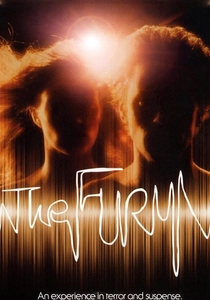
The Fury (1978)
Description: Brian De Palma's thriller about a government agency that experiments on children with psychic powers, including telepathy. The film is known for its intense scenes and the exploration of the ethical dilemmas surrounding psychic abilities.
Fact: The film was originally intended to be a sequel to "Carrie," but it evolved into its own story.
 Watch Now
Watch Now
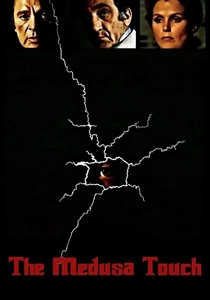
The Medusa Touch (1978)
Description: A man with the power to cause disasters through his thoughts is investigated by a detective. While not strictly telepathy, his ability to influence events with his mind touches on similar themes of mental influence.
Fact: The film was based on a novel by Peter Van Greenaway, and its ending was changed for the American release.
 Watch Now
Watch Now
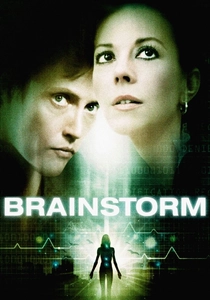
Brainstorm (1983)
Description: This film features a device that records and plays back human experiences, including thoughts and emotions, essentially allowing for a form of telepathy. It's a fascinating look at the implications of such technology on privacy and human interaction.
Fact: The film was one of the last projects of Natalie Wood, who tragically died during its production.
 Watch Now
Watch Now
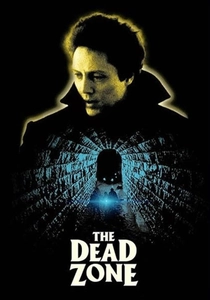
The Dead Zone (1983)
Description: While not strictly about telepathy, this film features a schoolteacher who wakes up from a coma with psychic abilities, including the power to see into people's futures. It's a poignant exploration of the burden of knowing others' thoughts and destinies.
Fact: The film was adapted from Stephen King's novel, and King himself makes a cameo as a minister.
 Watch Now
Watch Now
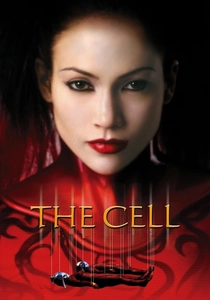
The Cell (2000)
Description: While primarily about entering the mind of a serial killer, this film also delves into telepathic-like communication through advanced technology. It's visually stunning and explores the psychological aspects of telepathy.
Fact: The film's surreal visual style was inspired by the works of Salvador Dalí and H.R. Giger.
 Watch Now
Watch Now
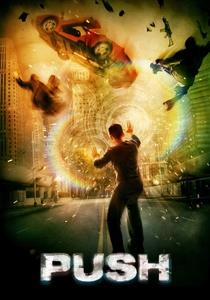
Push (2009)
Description: In this action-packed thriller, a group of young people with various psychic abilities, including telepathy, must evade a secret division of the government that wants to harness their powers. It's a stylish, visually engaging exploration of psychic warfare.
Fact: The film was shot in Hong Kong, which adds a unique visual flair to the movie's setting.
 Watch Now
Watch Now
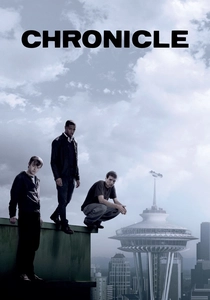
Chronicle (2012)
Description: Found-footage style film where three high school friends gain telekinetic powers after discovering a mysterious object. The film delves into how these powers, including telepathic communication, affect their lives and relationships.
Fact: The film was shot in reverse order, starting with the climax and working backwards to the beginning.
 Watch Now
Watch Now
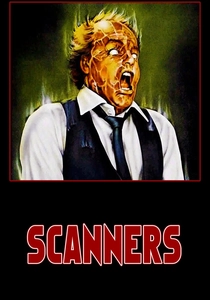
Scanners (1981)
Description: This cult classic by David Cronenberg explores the dark side of telepathy through a group of individuals with extraordinary psychic abilities, known as "scanners," who can control others' minds or even cause them to explode. It's a chilling look at the potential misuse of telepathic powers.
Fact: The infamous head explosion scene was achieved using a gelatin head filled with various materials like latex and blood, which was then shot with a shotgun.
 30 Days Free
30 Days Free
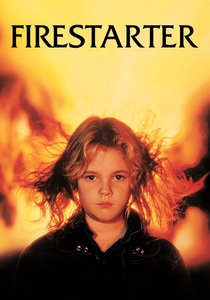
Firestarter (1984)
Description: Based on Stephen King's novel, this film follows a young girl with pyrokinetic and telepathic abilities, whose powers are sought after by a shadowy government agency. It's a gripping tale of a family on the run from those who would exploit her unique gifts.
Fact: The film was originally set to be directed by John Carpenter, but he left the project due to creative differences.
 30 Days Free
30 Days Free

The Lathe of Heaven (1980)
Description: Based on Ursula K. Le Guin's novel, this film explores a man whose dreams can alter reality, including telepathic communication with his psychiatrist. It's a thought-provoking narrative on the power of the mind.
Fact: The film was made for television but has since gained a cult following for its philosophical depth.
 30 Days Free
30 Days Free

